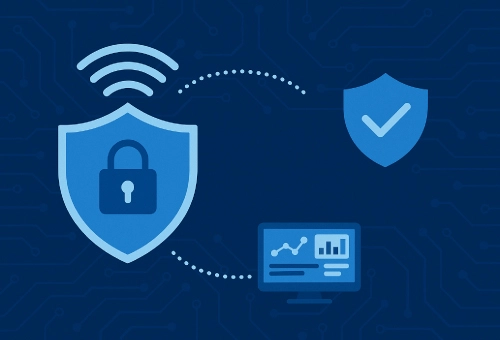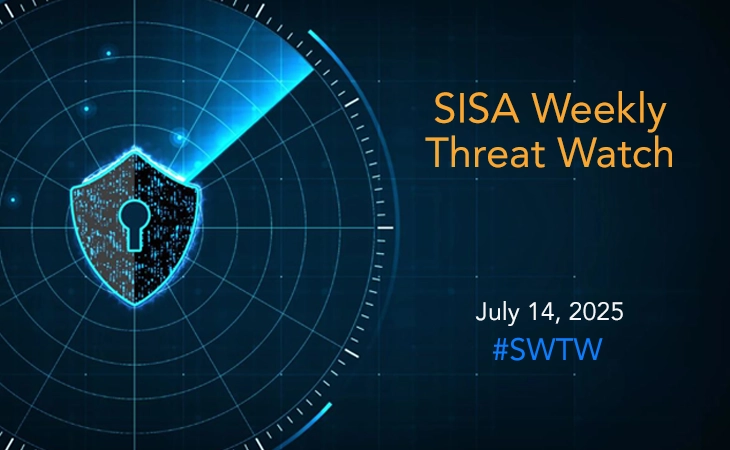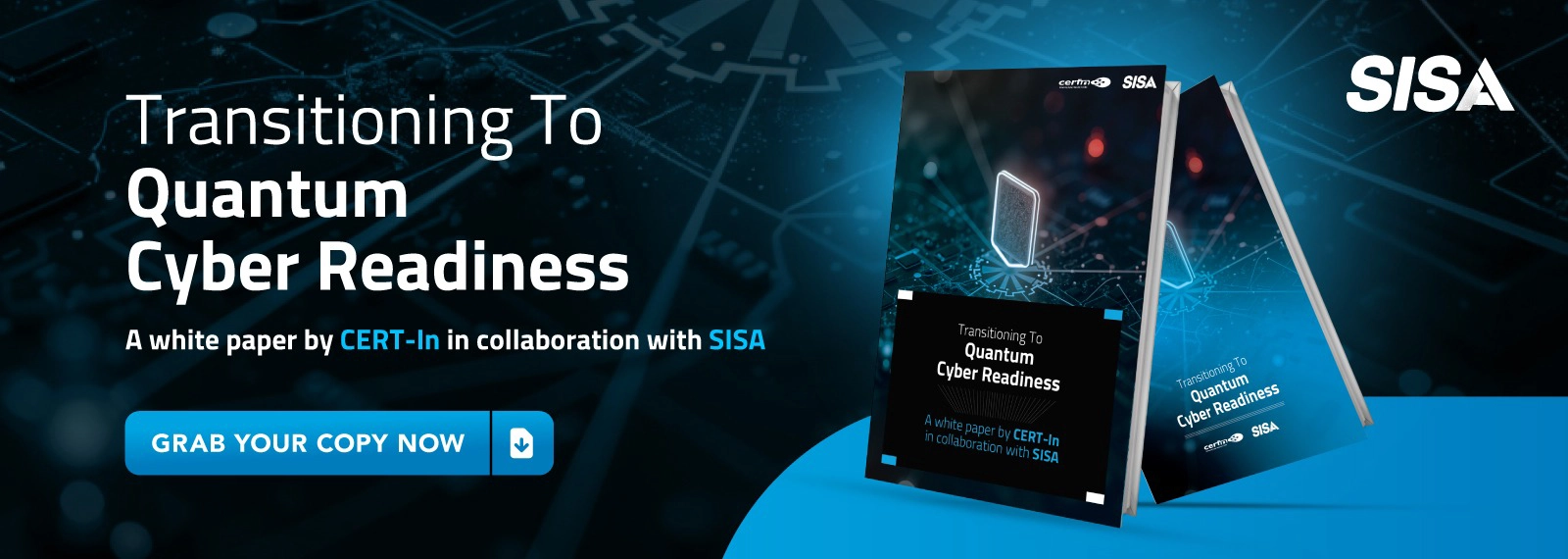
Data Security Workshops: 5 Most Important Topics to Master in 2025
In 2025, data security workshops are essential for organizations to protect sensitive information, such as payment data, from escalating cyber threats. With cybercrime losses projected to exceed $1 trillion and breaches leading to lawsuits and customer loss, robust training ensures compliance with regulations like PCI DSS, GDPR, and HIPAA, while preventing reputational and financial damage. Workshops empower employees to become a human firewall, reducing risks from human error, phishing, and insider threats. Here are the five most critical topics for data security workshops in 2025 to build a resilient defense.
Why Data Security Workshops Matter
Data security workshops are vital for safeguarding sensitive information, such as customer payment details or health records, from theft, corruption, or unauthorized access. They help organizations:
- Ensure Compliance: Meet standards like PCI DSS, avoiding fines up to $100,000 monthly, or GDPR, with penalties up to €20 million or 4% of annual turnover.
- Protect protected Health Information: Prevent trust-damaging breaches, which lead to lawsuits and customer loss.
- Reduce Financial Risks: Mitigate losses from cyberattacks, which cost $10.3 billion globally in 2023.
- Minimize Human Error: Train employees to avoid accidental data exposure, a leading cause of breaches.
Workshops foster a culture of accountability, turning employees into proactive defenders of data security.
Phishing Awareness: Defending Against Social Engineering
Phishing awareness trains employees to identify and avoid deceptive attacks that steal sensitive data. Phishing attacks, including emails, smishing (SMS), and vishing (calls), exploit human vulnerabilities to steal credentials or payment data. In 2025, AI-driven phishing makes detection harder. Workshops should teach:
- Checking sender addresses for misspellings or fake domains.
- Avoiding suspicious links or attachments.
- Recognizing urgent or generic phishing language.
Simulated phishing tests reinforce skills, reducing breach risks and ensuring compliance with data protection standards.
Password and Authentication Security: Fortifying Access
Password and authentication security strengthens defenses against unauthorized access to systems and data. Weak passwords fuel data breaches, with billions of stolen credentials on the dark web. Workshops must cover:
- Creating strong, unique passwords.
- Enabling multi-factor authentication (MFA) with biometrics or one-time codes.
- Avoiding password reuse across accounts.
MFA training strengthens account security, aligning with standards like PCI DSS to protect sensitive data.
Mobile Device Security: Securing On-the-Go Data
Mobile device security protects smartphones and tablets that store sensitive information from theft or hacking. Mobile devices, often holding payment information, are prime targets for cybercriminals. Workshops should focus on:
- Using strong passwords and biometric locks.
- Updating software to patch vulnerabilities.
- Employing VPNs on public Wi-Fi to encrypt data.
Training on remote wiping ensures data safety if devices are lost, supporting compliance with data security regulations.
Cloud Security: Protecting Digital Storage
Cloud security safeguards data stored in cloud platforms from misconfigurations and unauthorized access. With businesses using 371 SaaS apps on average, cloud security is critical. Misconfigurations can expose payment data. Workshops should teach:
- Securing cloud accounts with MFA and strong passwords.
- Encrypting data before cloud storage.
- Following data-sharing policies.
Cloud security training prevents breaches, ensuring compliance with standards like PCI DSS.
Physical Security: Bridging Physical and Digital Risks
Physical security prevents physical lapses that could compromise digital data and systems. Physical lapses, like unlocked devices or tailgating, can lead to data breaches. Workshops must cover:
- Locking computers and using privacy screens.
- Securing documents and disposing of them properly.
- Using access controls like keycards or biometrics.
Physical security training protects both physical and digital assets, reducing risks to sensitive data.
Take Action in 2025
Data security workshops are your first line of defense against cyber threats in 2025. By mastering these five topics, your team can safeguard sensitive data and ensure compliance with PCI DSS and other regulations. SISA’s CPISI Certification program offers a hybrid learning approach, blending engaging online modules with interactive in-person sessions to deliver practical, hands-on training. This flexible format accommodates diverse schedules, ensuring employees gain actionable skills to protect payment data and mitigate risks.
Enroll in SISA’s CPISI Certification to empower your team as cybersecurity leaders.
Latest
Blogs
Whitepapers
Monthly Threat Brief
Customer Success Stories
 USA
USA India
India APAC
APAC Middle East
Middle East Global
Global






 Facebook
Facebook Linkedin
Linkedin  X
X Youtube
Youtube






